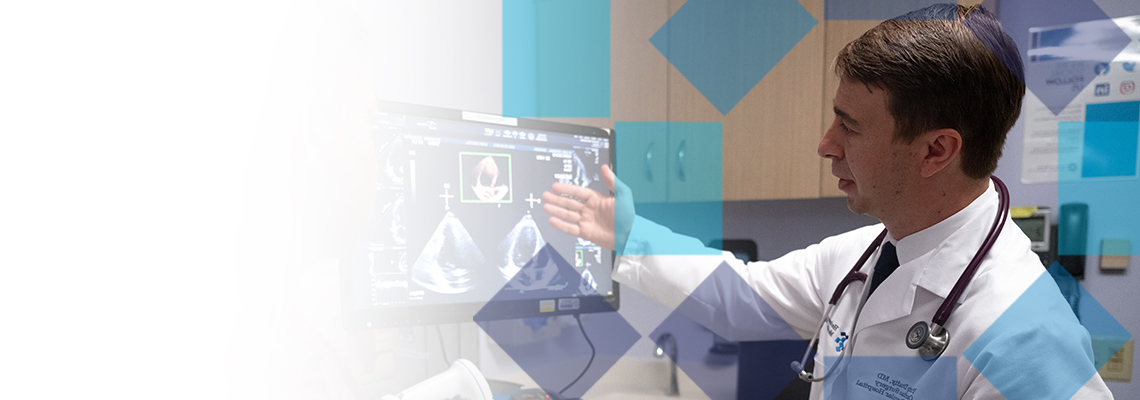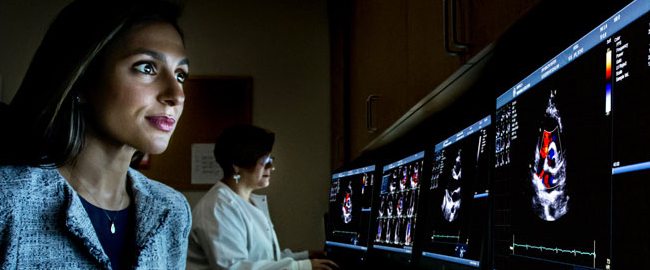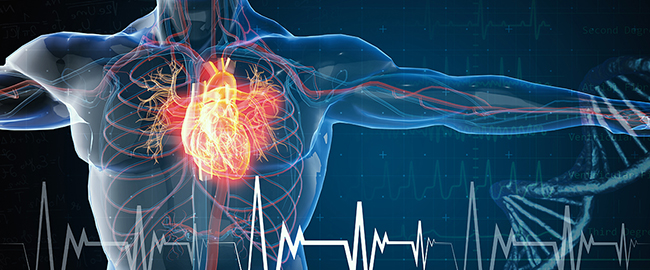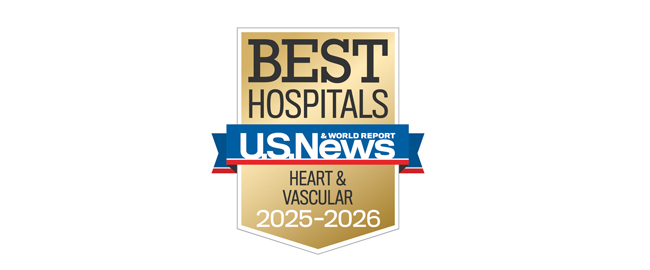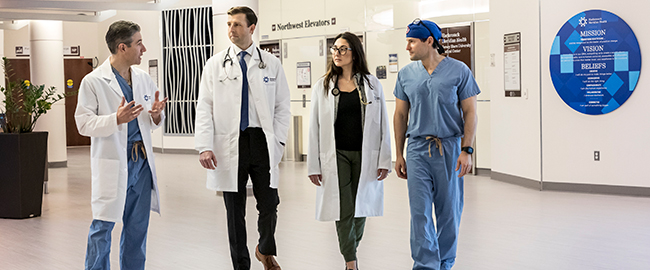

Echocardiogram in New Jersey
An echocardiogram (often called an echo or heart ultrasound) is a noninvasive test that uses sound waves to create moving images of your heart. It helps doctors assess how well your heart and its valves are working, detect structural issues and guide treatment for heart conditions like heart failure, valve disease and congenital heart defects.
Echocardiograms require a doctor’s order. Schedule an appointment with a Hackensack Meridian Health cardiologist to learn more.
Why You Might Need an Echocardiogram
Your doctor may recommend an echocardiogram if you:
- Have symptoms such as shortness of breath, chest pain or irregular heartbeat
- Are at risk for heart disease
- Have previously had a heart attack or heart surgery
- Need ongoing monitoring for a heart or valve condition
If you experience sudden or severe chest pain, shortness of breath or fainting, call 911 immediately. These symptoms can be signs of a medical emergency.
Types of Echocardiograms
There are several types of echocardiogram tests, each designed to evaluate your heart in a specific way:
- Transthoracic echocardiogram (TTE): The most common type; uses a device placed on your chest to take heart images.
- Transesophageal echocardiogram (TEE): A small probe is inserted into the esophagus to provide clearer pictures of certain heart structures.
- Stress echocardiogram: Measures heart function while your heart is working harder during exercise or medication-induced stress.
- Doppler echocardiogram: Shows how blood flows through your heart chambers and valves.
What to Expect During an Echocardiogram
A standard echocardiogram is safe, painless and typically takes about 40–60 minutes.
- You’ll lie on an exam table while a technician moves a handheld device (transducer) over your chest.
- The transducer sends sound waves that bounce off your heart and create live images on a monitor.
- There’s no radiation, sedation or recovery time — you can resume normal activities immediately after your test.
Where to Get an Echocardiogram
Echocardiogram testing is available at Hackensack Meridian Health hospitals and outpatient imaging centers throughout New Jersey. This screening requires a doctor’s order. To learn more, schedule an appointment with an HMH cardiologist.
